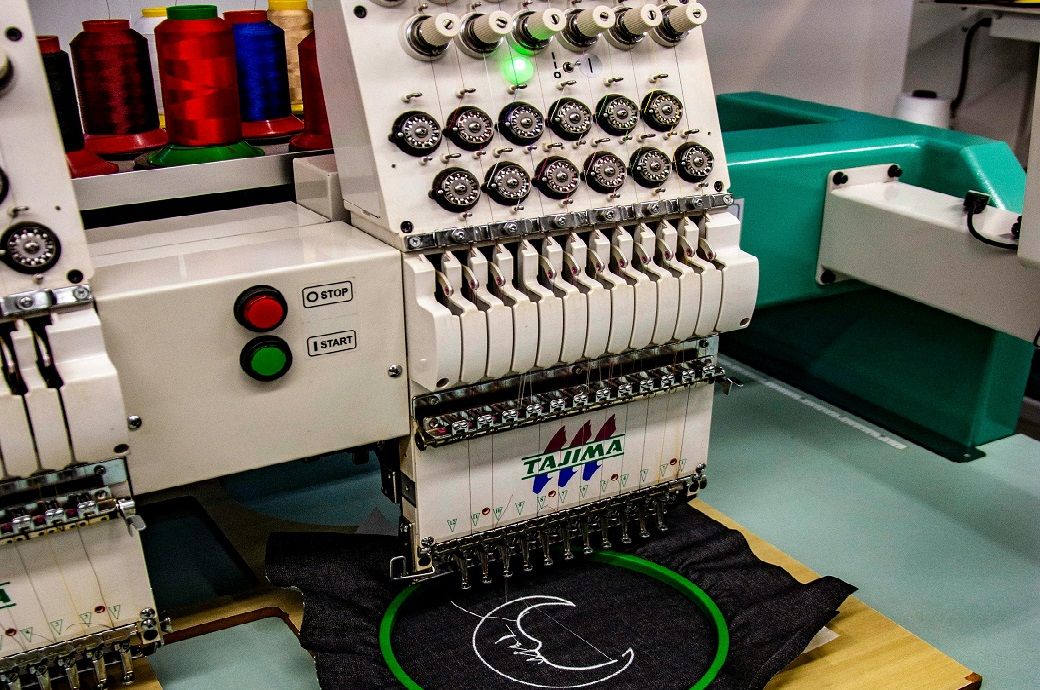
Global manufacturing business conditions deteriorated slightly in July 2025, as output, new orders, exports and employment all declined, according to the latest JP Morgan Global Manufacturing PMI report. The composite index fell to 49.7 from 50.4 in June, slipping below the neutral 50 threshold that marks the divide between growth and contraction.
The downturn signals a modest but broad-based weakening in factory activity, coupled with a three-month low in business confidence as the temporary uplift from front-running of US tariffs appeared to fade.
Manufacturing output declined for the second time in the past three months, although the pace of contraction remained moderate. Sector-level data confirmed that the reversal was widespread, with all three key industries—consumer, intermediate, and investment goods—registering modest downturns in production after mild growth in June. Global new orders fell for the third time in four months, while new export business declined for the fourth consecutive month, underscoring weak international demand.
“The JP Morgan global manufacturing output PMI fell back 1.6-point in July, unwinding much of June’s gain. At 49.7, the index is consistent with our expectation for global manufacturing to stall in the second half of the year, as industry faces not just a tariff-driven hit to consumption and sentiment but also an unwind of previously front-loaded production,” Maia Crook, global economist at JP Morgan, said in a release.
The employment situation worsened as manufacturers continued to trim staff amid cautious inventory and purchasing strategies. Global staffing levels declined for the twelfth straight month, with job losses recorded in the US, China and the euro area, while India, Brazil and Japan reported increases. Overall cost pressures remained broadly steady, with only slight easing in input cost and output price inflation compared to the previous month. However, price pressures remained more pronounced in developed economies than in emerging markets.
Regionally, India led global manufacturing output growth in July, followed by Vietnam and Thailand. In contrast, mainland China and Japan saw renewed declines after short-lived rebounds in June. The eurozone marked its fifth consecutive month of growth, with strong performances in Ireland, Spain, Greece, the Netherlands, Germany and Austria. North America showed signs of slowing momentum, with the US registering only a marginal rise in production and Canada and Mexico continuing to contract, albeit at slower rates. Taiwan reported the sharpest global downturn, followed by Turkiye and Poland.
“Forward-looking indicators were similarly downbeat, with the future output PMI falling back to its lowest level since the April Liberation Day-induced drop. Underlying July’s output PMI fall were sizable declines in the US and Asia, including China, Japan, Taiwan, and Korea,” Crook added.
ALCHEMPro News Desk (HU)
Receive daily prices and market insights straight to your inbox. Subscribe to AlchemPro Weekly!